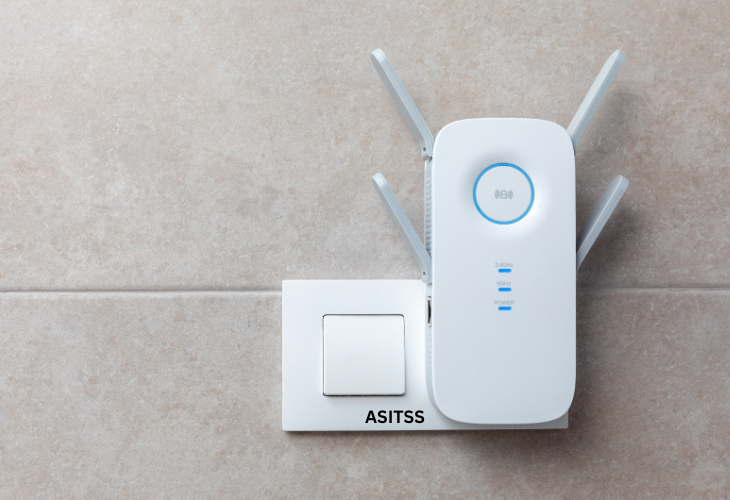WIFI extensions
Wi-Fi extensions improve wireless coverage in larger areas by amplifying the existing signal. Devices like range extenders, mesh systems, and access points eliminate dead zones, ensuring consistent connectivity. They are essential for streaming, gaming, and remote work, providing enhanced performance and reliable internet access throughout homes and offices.
Types :
Wi-Fi Range Extenders
Amplify the existing Wi-Fi signal, extending coverage to areas with weak connectivity.
Mesh Wi-Fi Systems:
Consist of multiple nodes that work together to create a seamless, unified network, eliminating dead zones.
Access Points
Wired devices that connect to the router via Ethernet, providing additional wireless coverage in specific areas.
Powerline Adapters
Use existing electrical wiring to extend the network, providing internet access to hard-to-reach areas without new cabling.
Wireless Repeaters
Similar to range extenders, these devices receive the Wi-Fi signal and rebroadcast it to expand coverage.
Wi-Fi Adapters
Plugs into devices to enhance their Wi-Fi capabilities, especially useful for desktops or older devices lacking built-in Wi-Fi.
Storage Capacities for Wi-Fi Extensions
When considering storage capacities relevant to Wi-Fi extensions, the focus is typically on devices that enhance network capabilities:
- Range Extenders: Generally do not have built-in storage but may include USB ports for connecting external storage devices, allowing for file sharing across the network.
- Mesh Systems : Some advanced mesh routers come with integrated storage options, enabling local file sharing and backups, typically supporting external drives up to several TB.
- Access Points:Often do not have internal storage, but like extenders, they may support external USB drives for network storage solutions.
- Network Attached Storage (NAS): While not a Wi-Fi extension itself, NAS can be integrated with Wi-Fi networks to provide centralized storage, often reaching capacities of up to 128 TB or more.
Numerical cables
Ethernet Cables: Commonly used with range extenders and access points, typically Cat5e or Cat6 cables can support speeds up to 1 Gbps (Cat5e) or 10 Gbps (Cat6) for reliable wired connections.
- Power Cables: Standard power adapters provide necessary voltage (usually 5V to 12V DC) to Wi-Fi extenders and access points, ensuring stable operation.
- Coaxial Cables: Used for connecting cable modems to routers, ensuring a high-speed internet connection, which is essential for effective Wi-Fi extension performance.
- Fiber Optic Cables: In setups that include fiber-optic connections, these cables are crucial for delivering high-speed internet to routers and subsequently to Wi-Fi extensions.
